The two interviews Chief of Defence Staff (CDS) General Anil Chauhan granted to Bloomberg and Reuters at the Shangri-La Dialogue in Singapore revealed how global media shapes — and distorts — narratives.
Both interviews focused on General Chauhan’s confirmation of an unspecified but small loss of Indian fighter jets. They did not focus on his confirmation of the unprecedented devastation Indian fighter jets and cruise missiles inflicted on military airbases and terrorist sites deep inside Pakistan. General Chauhan added that India penetrated and disabled Pakistan’s Chinese-made air defence systems “with impunity”.
The global reaction to the four-day conflict also shows the deep anxiety in the West and China at India’s growing military power — and its willingness to use it against a nuclear-armed enemy state.
India’s retaliatory attack on Pakistan’s military airfields and terrorist headquarters has transformed India’s global image from a soft power into a hard power.
Consider the reaction of the United States and China as well as countries allied to the two superpowers. US foreign policy has historically leant towards Pakistan. Through the Cold War from 1950-91, Pakistan was America’s loyal henchman.
Washington rewarded Islamabad by conferring on Pakistan the status of a non-NATO ally and plying it with F-16 fighter jets as well as generous financial aid. In return, as Pakistan’s foreign minister Ishaq Dar confessed on television last month, “We did the West’s dirty work for over 30 years.” That included breeding “good” and “bad” terrorists.
Quick Reads
View AllIndia has now signalled to the world — friend and foe — that the old rules of military engagement no longer apply. The failure of Pakistan’s Chinese-made air defence systems to thwart India’s multiple missile attacks has been noted in Beijing and Western capitals around the world.
Significantly, China did not move a muscle to open up a second front on the LAC. It knew that 60,000 Indian troops, backed by one of India’s three S-400 air defence systems, stood on alert at the India-China border. Two other S-400 systems remain deployed on the western front. They shot down multiple Chinese and Turkish drones and missiles fired by Pakistan during the May 7-10 clash.
Embroiled in a bitter trade war with the US, Beijing’s reaction to the India-Pakistan conflict has been relatively muted. It cannot cut ties with India which has the potential to compensate for some of the trade lost due to US tariffs on Chinese imports. Chinese investments in India’s mobile phone and consumer markets are growing at a steady pace.
Yet China is quietly enhancing delivery of advanced weaponry to Pakistan. A tripartite deal with Islamabad and Kabul is aimed at reviving the Belt and Road Initiative (BRI) which has become a white elephant for most debt-ridden countries. For China the Pakistan-Afghanistan route is crucial to extend the BRI across Eurasia.
The reaction of the two superpowers to the four-day India-Pakistan conflict offers a study in contrasts. Under President Donald Trump the US has become an unpredictable power, ruled by Trump’s changing moods. Washington continues to regard Pakistan as a nuisance, but a necessary nuisance, in south-central Asia.
Triangle of convenience
The US-Pakistan-China triangle of convenience is based on expediency. Pakistan plays broker to the two superpower rivals, trying to get back into Washington’s good books while remaining China’s economic handmaiden.
Under transactional Trump, the arrangement works. Pakistan is well-versed in the dark arts of playing one country against another. As long as he can gain commercially from Pakistan’s corrupt military and political leadership, especially its new crypto ventures, Trump is willing to look the other way at Islamabad’s growing dependence on China even though Beijing is America’s single biggest geopolitical threat.
Double-dealing comes naturally to Pakistan. So does being subservient to both the US and China and doing their bidding. India’s autonomous foreign policy in contrast has long annoyed the big powers. Europe reacted with patronising fury in 2022 when India refused to condemn Russia’s invasion of Ukraine and continued trading with Moscow.
Former European colonial powers were not used to a former European colony defying sanctions that the US and Europe had slapped on Russia even though the Russia-Ukraine war was Europe’s war, not India’s. It took firm schooling by External Affairs Minister Dr. S. Jaishankar to put Europe in its place.
Putting the US in its place was next. India made it clear that Washington had no role to play in the ceasefire on May 10. The point was driven home clinically, frequently, and with undiplomatic candour by the Indian leadership.
China has watched India’s new assertive policy with interest and concern. While Europe and the US became rich and powerful by exploiting other countries through colonialism and slavery, China like India has been a victim of Western colonialism as well.
The West for long saw India as an upstart former European colony that needed to be lectured on democracy, freedom and governance. No former colony of the West, impoverished by European colonialism, had ever before risen to economic, military and geopolitical power in the manner India has.
Though still poor, India is now among the world’s top three nations across key domains: third largest passenger vehicles manufacturer, second largest steel producer, largest milk producer, largest software services exporter, second largest consumer market, and second largest mobile phone market.
Dealing with India requires a reset in Western and Chinese thinking. Both know they stand shamed by India’s progress. The West because India has risen without invading, colonising, shipping African slaves across an ocean, and settling on indigenous peoples’ land. These taint Western civilisation.
China for its part has historically regarded India as a weak, disunited nation that succumbed to British colonialism which China resisted except for ceding Hong Kong to Britain.
But Chinese think tanks have recently concluded that India will by 2050 be a major global economic, military and technological power. Its consumer markets will be larger than China’s, its population younger and more stable at 1.40 billion, while China’s population shrinks and ages.
But just as India’s non-colonial, non-invasive ascent shames the imperial West, China too is shamed by India’s democracy and freedoms which China has bartered away for growth. India has preserved both, growth and democracy.
The writer is an editor, author and publisher. Views expressed in the above piece are personal and solely those of the author. They do not necessarily reflect Firstpost’s views.


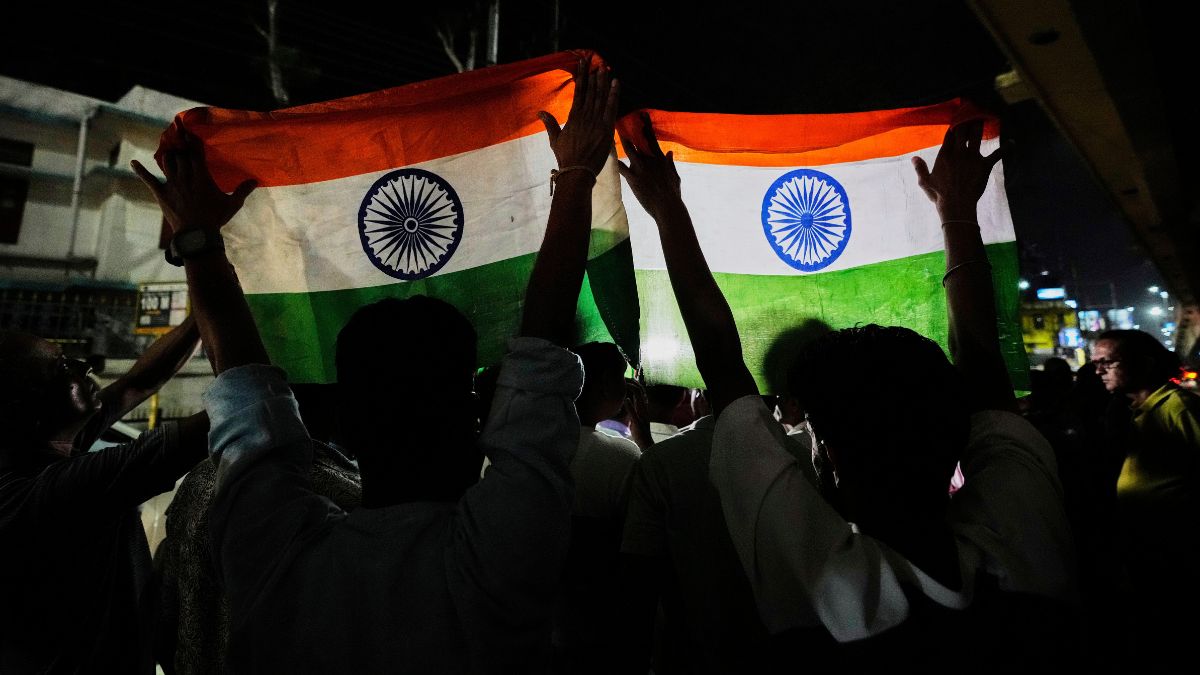)
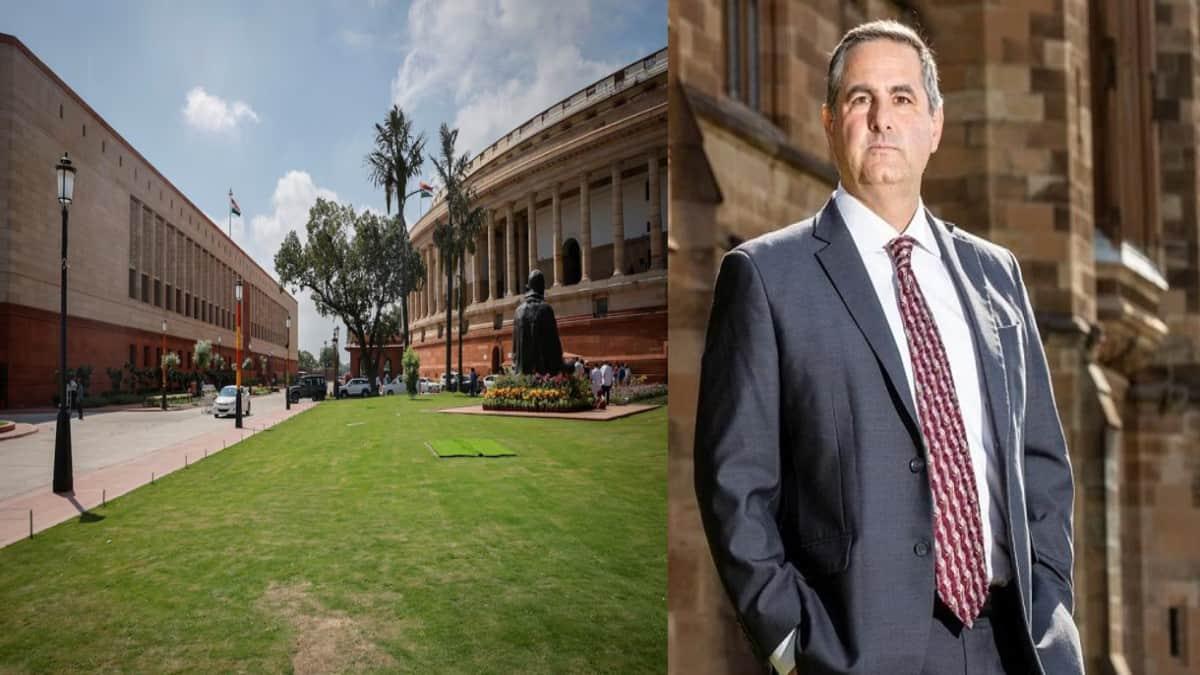
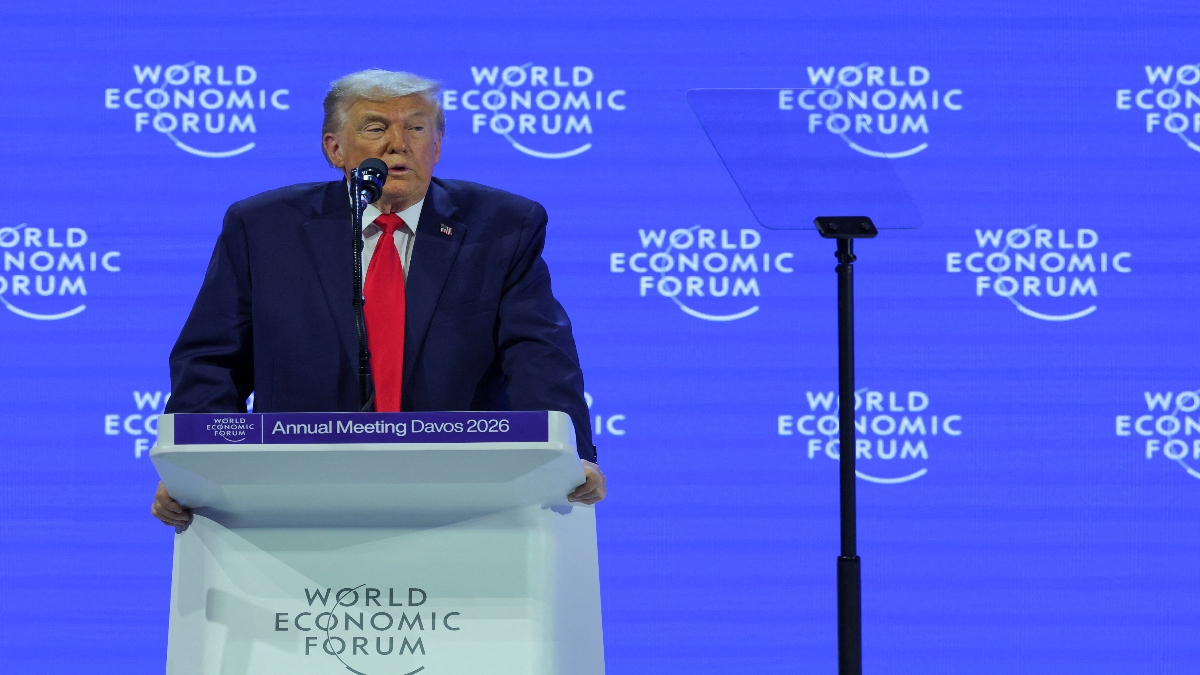)
)
)
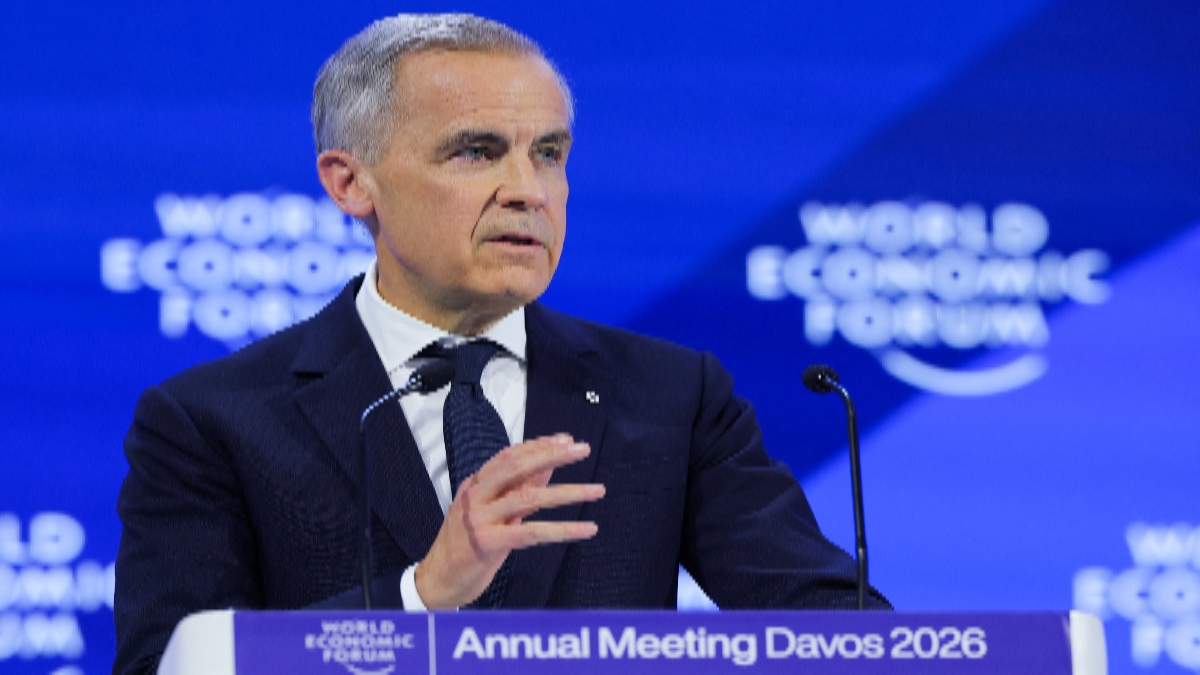)
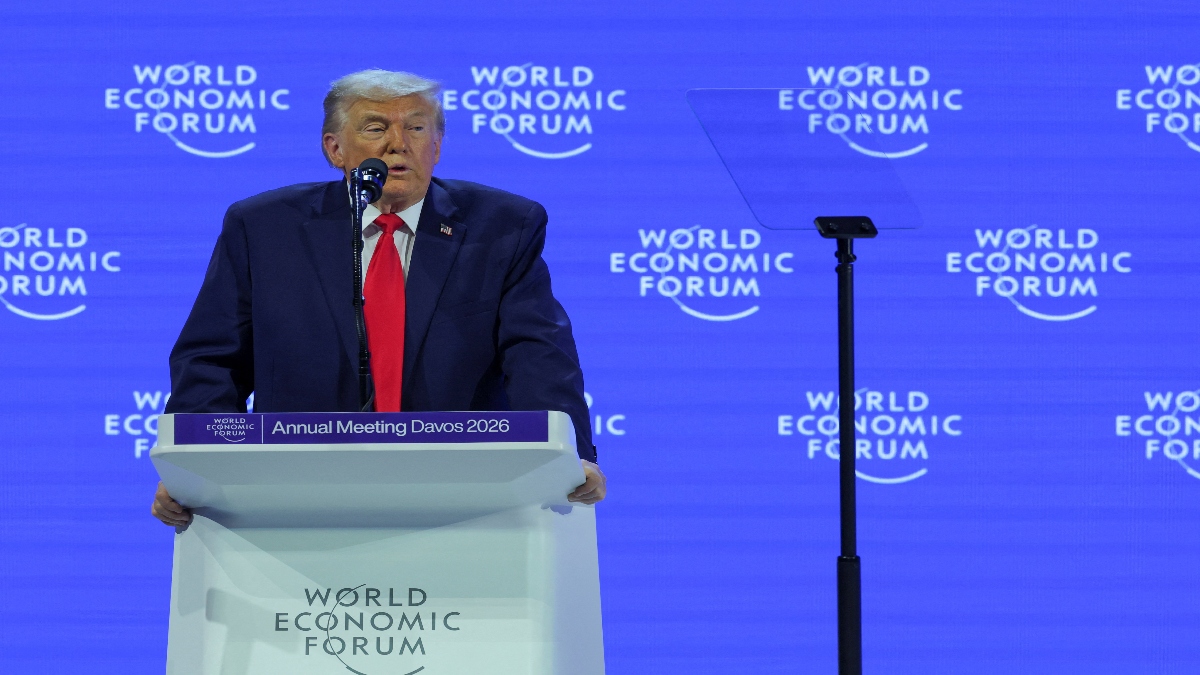)
)
)
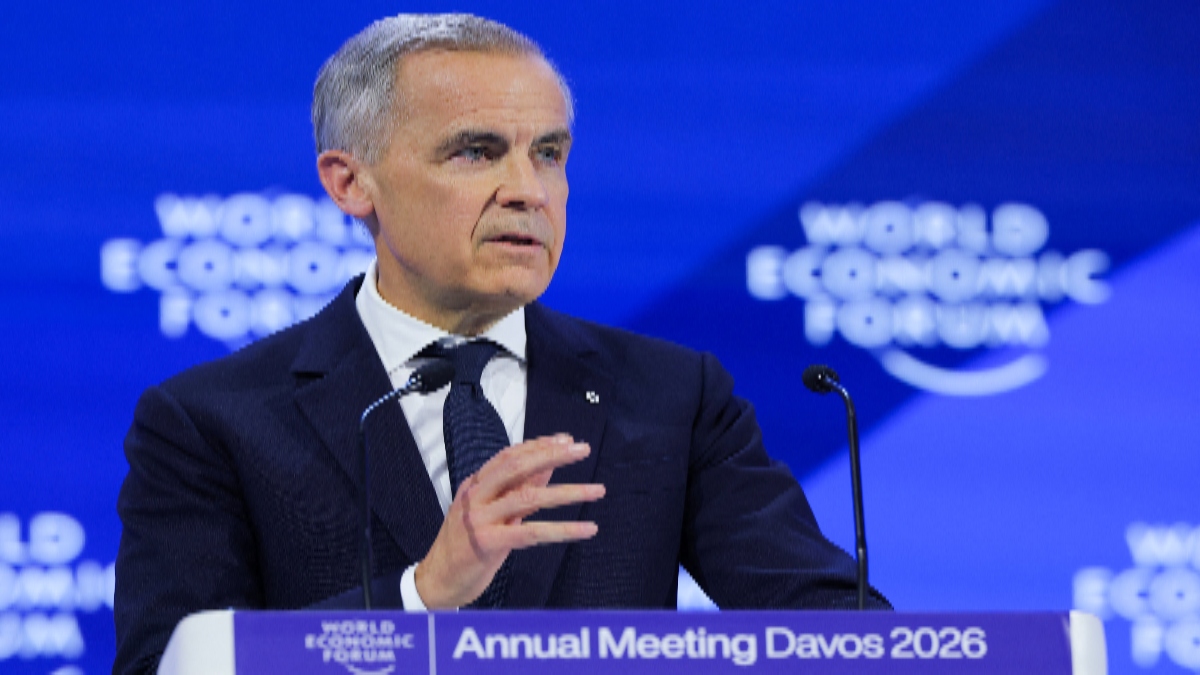)



